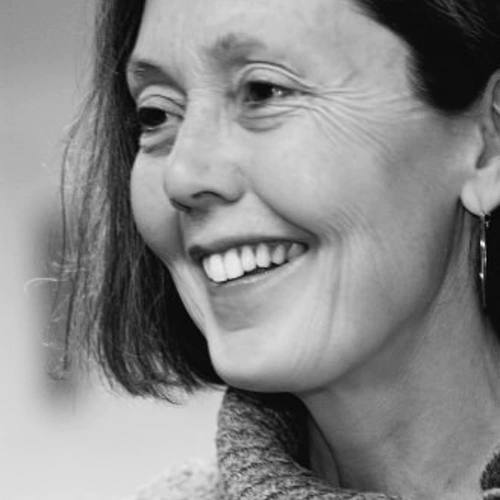Anne Carson is a poet, essayist, professor of Classics, and translator. Carson has gained both critical accolades and a wide readership over the course of her publishing career. Her honors and awards are many, including fellowships from the Guggenheim Foundation, the MacArthur Foundation, and the American Academy in Berlin. She has also received the Lannan Literary Award, the Pushcart Prize, and the Griffin Poetry Prize. Carson was born in Toronto, Ontario in 1950. A high-school encounter with a Latin instructor, who agreed to teach her ancient Greek over the lunch hour, led to her passionate embrace of classical and Hellenic literature, influences which mark her work still. Carson attended the University of Toronto, though she dropped out twice before earning her BA, MA and PhD in Classics. Carson has taught at many universities in both the US and Canada, including McGill and the University of Michigan. Her publishing career began with Eros the Bittersweet: An Essay (1986), which also established Carson’s style of patterning her writings after classical Greek literature. Such works as Glass, Irony, and God (1992), Plainwater: Essays and Poetry (1995) and Men in the Off Hours (2001) have helped seal the author’s reputation as unique among contemporary poets. But perhaps the most widely received examples of her particular specialty are Carson’s verse novels, Autobiography of Red: A Novel in Verse (1998) and The Beauty of the Husband: A Fictional Essay in 29 Tangos (2001). Source

